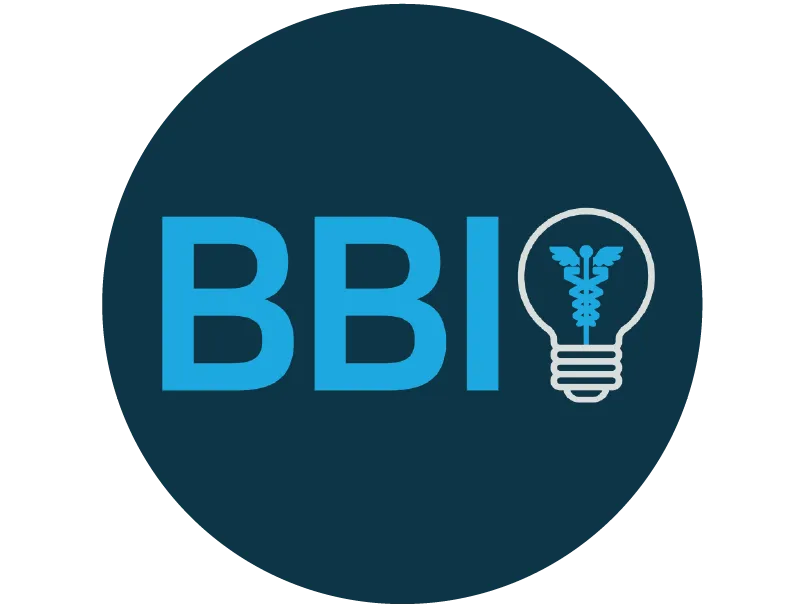
THE MEDICARE AGENT ECOSYSTEM
Who is Justin Brock?

Who is Justin Brock?
Justin Brock stands as a leading authority on all things Medicare and Health Insurance. As the owner and operator of multiple companies, he is dedicated to serving both consumers and agents in these markets. His agency, Bobby Brock Insurance, is a national powerhouse that has assisted over 50,000 Medicare and Health Insurance beneficiaries and was ranked one of the fastest growing private companies in America on the Inc. 5000's 2023 list. Beyond direct service to beneficiaries, Justin has established a marketing empire dedicated to helping agents scale their businesses. Through hosted events, virtual trainings, and a thriving Facebook community of over 13,000 members, Justin shares his extensive knowledge with those eager for growth.
For the past four years, his team has organized MedicareCon, a premier conference that drives forward the conversation on the benefits of agents, insurtech platforms, and consumer needs. MedicareCon has seen remarkable growth, from 200 attendees in 2020 to 1,256 in 2024, cementing its status as the top conference for Medicare and Life Insurance agents. In an industry crowded with low-value propositions, Justin and his team offer a refreshing and invaluable perspective.










Facebook
Instagram
Youtube
LinkedIn
TikTok